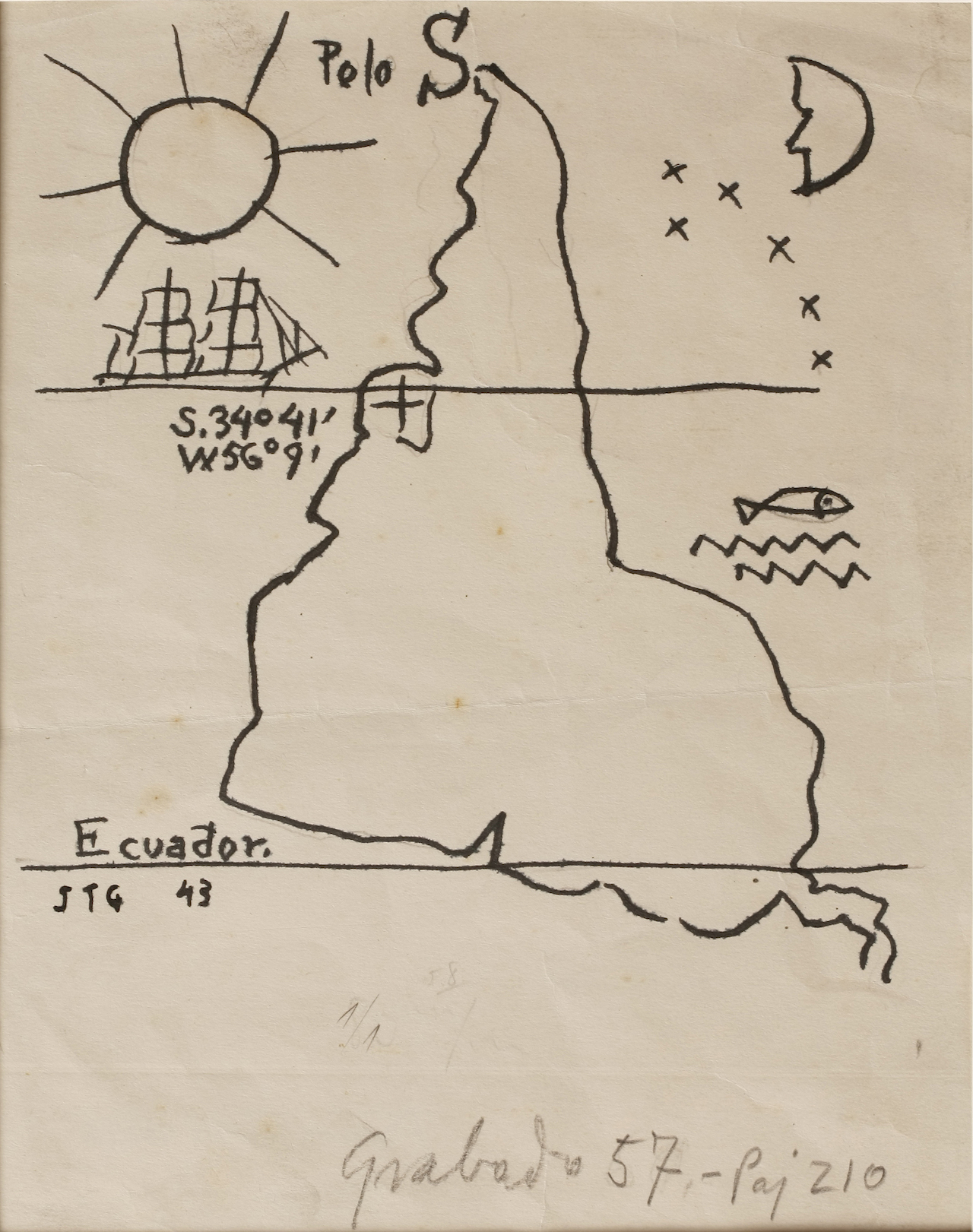On the Subject of Educational Policies and Curriculum Transformation in Bolivia
DOI:
https://doi.org/10.14288/tci.v14i1-2.190010Keywords:
curriculum theory, curriculum-society relationship, curriculum, decoloniality.Abstract
The purpose of this paper is to highlight some aspects of discussion about the curriculum and its political implications and practices in Bolivia. Since the 80’s (1987-1994), I have been researching the curriculum in a permanent tension between multiple dimensions or components and levels that builds its definition and its action. In a way, this analysis was influenced by the neo-Marxist studies (Young, 1971; Apple, 2004; Bourdieu, 1996, to name a few), and we have discussed policies of knowledge (or cultures), or more exactly political economy of knowledge. This is complemented by the contributions of Foucault that allow investigating the relationship of the curriculum with issues of identity, subject, and power, which must also be associated with the works of Bourdieu related to concepts such as social fields, strategies, and habitus. Finally, in order to understand the curricular problem and education policies, in a broader perspective, It is necessary to expand the perspective of analysis into the relational and contextual nature of social phenomena, then it seems interesting to talk about the ecology of knowledge; a concept used by Boaventura de Sousa Santos (2010). I am also inspired by Gregory Bateson’s work (and some works of Serge Moscovici and Edgar Morin from 1970s and 80s) that developed a complex and systemic epistemology in several of their works. The theoretical and practical problems of education and the school curriculum are societies’ problems in which they have been produced and reproduced. This principle, which is common, condenses various topics of discussion on the curriculum; in this brief commentary is impossible to develop them. Therefore, I am highlighting some of them for the purpose of participating in the discussion.Downloads
Published
2017-12-28
Issue
Section
Special Issue Articles


